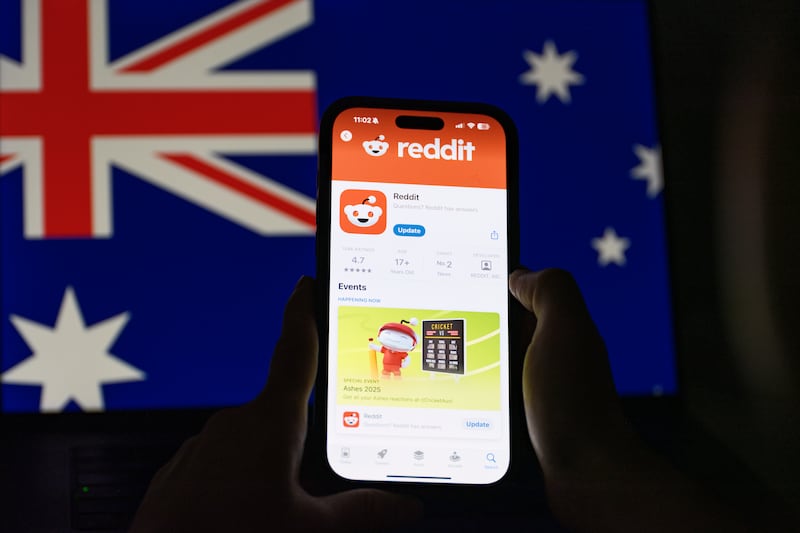We like to think that, as human beings, we are highly evolved and hugely intelligent but the truth is we’re as much creatures of habit as Pavlov’s dogs or rats racing through a maze looking for cheese. So we can be easily controlled by forces beyond our understanding.
No one knows this better than the supermarkets. They know that if they put the most expensive, high-margin products at eye level, they will make more money because people tend not to look up or down while shopping.
They also understand that if they put fresh fruit and vegetables near the door, we will buy more processed foods because, once the wholesome stuff is in our trolley, we feel better about ourselves and reward ourselves with treats.
But what supermarkets really want to know are those things that are specific to each shopper who walks through their doors. Because that is how they can make more money. This is where loyalty schemes come in. While they are dressed up as consumer-friendly clubs that help people to save money, the aim is to gather as much information on shoppers’ habits as they can.
Superquinn was one of the first supermarkets in Europe to launch a loyalty scheme 20 years ago but it wasn't until Tesco came to town and rolled out its own scheme in the late 1990s that the business here really started to boom.
Months later Dunnes Stores brought out its ValueClub card while Supervalu was late to the party and still has the least advanced and least flexible scheme. They have been joined by bookshops, coffee houses and record stores, all of which are quietly collecting information about your shopping habits.
Your favourite supermarket probably knows what you buy and when you buy it. It knows how old you are, your marital status and how many children you have, if any. It knows where you live, what credit cards you use and what DVDs you like to watch.
It even knows some of the most intimate details of your personal care routine. There is very little it doesn’t know about you. And there is very little of that information it can’t use for something.
We are creatures of habit but there are a few points in every person's life when habits shift. When you first leave home or when you move in with a partner are two such points. In the 1980s, Alan Andreasen, a UCLA professor at the time, started looking at the purchases people made every day.
He focused on the kind of soap, toothpaste, and toilet paper they bought.
It was not long before surprising patterns started to emerge. Andreasen noticed that after people get married, they are more likely to buy a different brand of coffee. When a couple moves into a new house, they are more inclined to buy a different kind of breakfast cereal. When a couple divorces, they are most likely to switch beer allegiances.
Andreasen wrote that it was at such times that people are “vulnerable to intervention by marketers”. And whatever marketer gets to them first can shift their buying habits forever. This is why the information collected on club cards matters so much to retailers.
The biggest and most important shift in a person’s buying habits happens when a child is born. Not only are parents going to buy all that a baby needs, they will also be tired, emotional and vulnerable – and therefore much more inclined to do all their shopping in one location.
So retailers want to get to these people first so they can become the sole destination for their shopping.
Marketers don’t even have to wait until the baby has been born to know that something is stirring.
Charles Duhigg is a journalist with the New York Times and the author of The Power of Habit , which was published last year. In the book he tells the story of Andrew Pole, an analyst with Target, the retailing giant.
Pole was asked by his employers to use the data collected by the Target store card to work out when women were pregnant.
“We knew that if we could identify them in their second trimester, there’s a good chance we could capture them for years,” he is quoted as saying. “As soon as we get them buying diapers from us, they’re going to start buying everything else too. If you’re rushing through the store, looking for bottles, and you pass orange juice, you’ll grab a carton. Oh, and there’s that new DVD I want. Soon, you’ll be buying cereal and paper towels from us, and keep coming back.”
So he started sifting through the data collected by Target’s store card, focusing on women. Someone who suddenly started to buy large quantities of unscented body lotion would set baby bells ringing in Pole’s head. While women who started buying supplements such as calcium, magnesium and zinc made the baby bell ring louder.
Before long, he had come up with a list of 25 products which, if bought in certain amounts and in a certain sequence, allowed him to tell if a shopper was pregnant and when her due date was.
In his book, Duhigg tells the story of a man who goes into a branch of Target near Minneapolis. He is not happy as he wants to know why the retailer has suddenly started to send his high school-going daughter coupons for baby clothes and cribs. He asks the manager if the shop is trying to encourage very young girls, such as his daughter, to get pregnant.
The manager is bemused but promises to look into it, which he does. He finds that this girl had indeed been targeted with all manner of promos for baby products so he calls the father several days later to convey his apologies and his confusion.
That’s when the man tells him that when he raised the issue with his daughter, she told him she was pregnant. The retailer took a lot of flak when the details of its data mining emerged but the controversy blew over.
Its sales went through the roof and it won and then held onto hundreds of thousands of customers who would otherwise have spent their money elsewhere.



















